Exploring the Mystical World of the Pharaohs in Ancient Egyptian History and Culture
The ancient Egyptian civilization is one of the most fascinating in history, known for its rich culture, remarkable architectural achievements, and an intricate belief system that revolved around the Pharaohs. The Pharaoh was not merely a king but also viewed as a divine entity, which adds a layer of mystique to their reigns. This article delves into the mystical world of the Pharaohs, exploring their significance in ancient Egyptian society, their roles as spiritual leaders, and the impressive legacies they left behind.
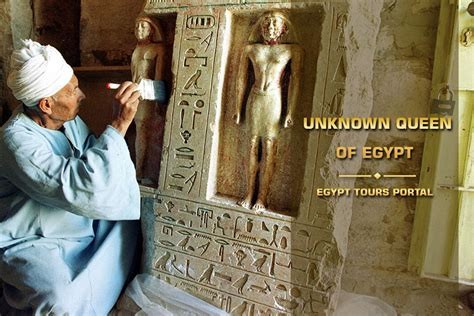
The Role of the Pharaohs in Ancient Egyptian Society
In ancient Egypt, the Pharaoh was the supreme ruler and held absolute power over the land. Their authority was rooted in the belief that they were chosen by the gods to govern. This divine connection was crucial for legitimizing their rule, as it established the Pharaoh as both a political leader and a divine figure. The Pharaoh was often seen as the mediator between the gods and the people, responsible for maintaining *ma'at*—the concept of order, balance, and justice that was essential to Egyptian life.
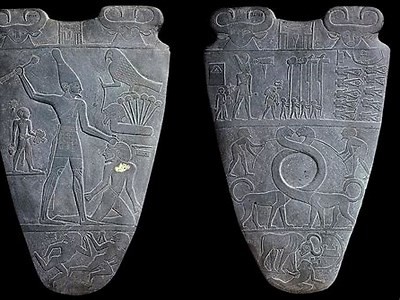
The Pharaoh as a Divine Figure
The idea of the Pharaoh as a god was not merely symbolic; it was embedded in the very fabric of Egyptian culture. Pharaohs were often associated with gods such as Ra, the sun god, and Osiris, the god of the afterlife. This divine association was visually manifested in countless hieroglyphs and monumental art throughout ancient Egypt, which depicted the Pharaoh in god-like states, further solidifying their reverence among the populace.
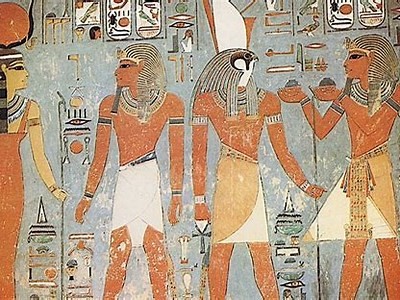
Mythology and Rituals of the Pharaohs
Mythology played a crucial role in the life of the Pharaoh. The ancient Egyptians believed in a pantheon of gods that guided their lives. Many of the rituals performed by the Pharaoh were steeped in religious significance. These rituals included offerings to the gods, festivals, and elaborate funerary practices that ensured the Pharaoh's successful transition to the afterlife, reinforcing their divine identity.
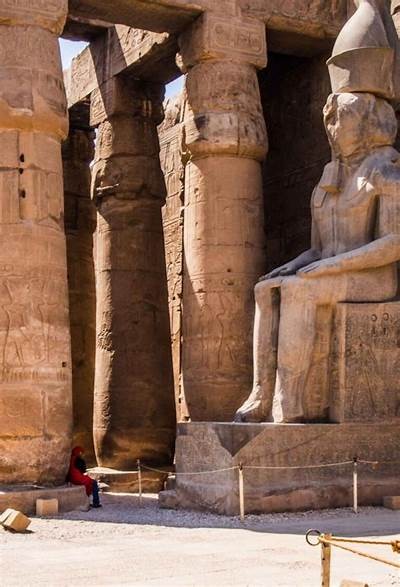
Funerary Practices: The Journey to the Afterlife
One of the most intriguing aspects of ancient Egyptian culture was the elaborate funerary practices associated with the Pharaohs. Upon death, a Pharaoh was not only mourned but also prepared for an eternity in the afterlife. The construction of monumental tombs, such as the famous pyramids, reflected the belief in the afterlife. These structures were designed to protect the body and the belongings of the Pharaoh, which were thought to accompany them into the next world. Rituals and spells from the *Book of the Dead* were included in tombs to aid the Pharaoh's journey, further emphasizing the importance of their divine role.
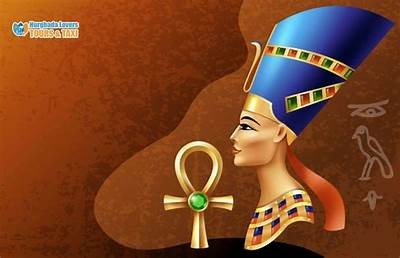
Architecture and Art: A Testament to Power
The architectural feats of the ancient Egyptians are perhaps the most enduring symbols of their civilization. The pyramids, temples, and monuments built during the reign of the Pharaohs not only served religious purposes but also represented the Pharaoh's power and divine connection. The Great Pyramid of Giza, for example, is a stunning testament to the engineering prowess and resources available during the Old Kingdom.
Temples as Spiritual Hubs
Temples were not only places of worship but also centers for the community. They served as the economic and political heart of society where offerings were presented to the gods, and the Pharaoh was often depicted in many temple reliefs, engaging in activities that cemented their divine status. These temples were designed to align with celestial bodies, showcasing the deep connection between religion, architecture, and astronomy in ancient Egypt.
Legacy of the Pharaohs
The legacy of the Pharaohs extends far beyond their reigns. The cultural practices, art, and religious beliefs that flourished under their rule continue to influence modern culture and society. Archaeological discoveries, including inscriptions, artworks, and artifacts, have provided invaluable insights into their lives and the mystical world they inhabited. This enduring legacy serves as a reminder of the Pharaohs' profound influence and the rich tapestry of ancient Egyptian history.
Modern Interpretations and Popular Culture
In contemporary culture, the fascination with ancient Egypt remains strong. Films, literature, and educational programs continue to explore the life and times of the Pharaohs, often romanticizing their existence and mystique. The allure of mummies, curses, and vast riches has spawned countless myths and tales, keeping the memory of these mighty rulers alive in the popular imagination.
The Mystique of Ancient Egyptian Culture
The mystical world of the Pharaohs is a testament to the complexity of ancient Egyptian civilization. Their beliefs, architecture, and rituals all contribute to an understanding of how intertwined religion and politics were in ancient times. As we explore this rich history, we gain insights into the human desire for power, the quest for immortality, and the ways in which culture shapes our understanding of the world.
Continued Exploration
Today, as archaeologists continue to unearth new discoveries, the world grows more intrigued by the Pharaohs' mystical legacy. Each excavation brings with it new understanding, shedding light on ancient practices and beliefs that shaped one of the world's earliest civilizations. The fascination with the Pharaohs will likely continue, as their stories are not only about rulers but also about a culture that sought to connect the earthly with the divine.
In conclusion, the mystical world of the Pharaohs encapsulates the essence of ancient Egyptian civilization. Their role as divine rulers shaped their society, while their lasting contributions continue to captivate people across the globe. The study of the Pharaohs is not just a journey through history; it is an exploration of our shared human experience, marked by the quest for understanding life, death, and the unknown. ```
